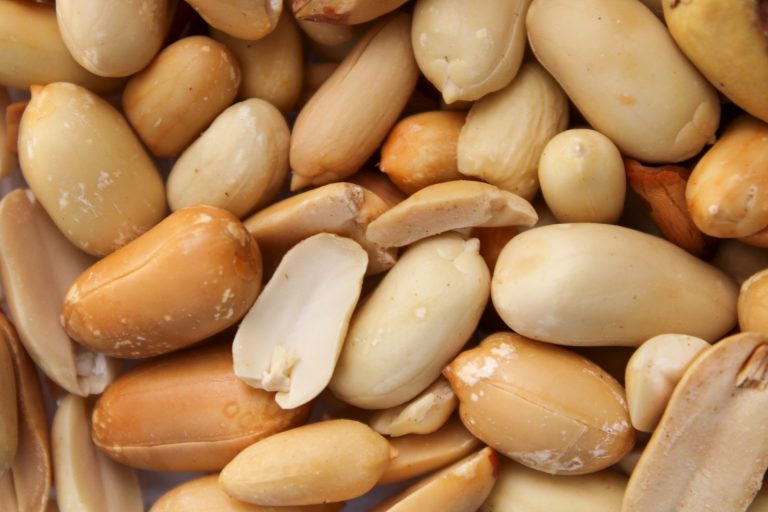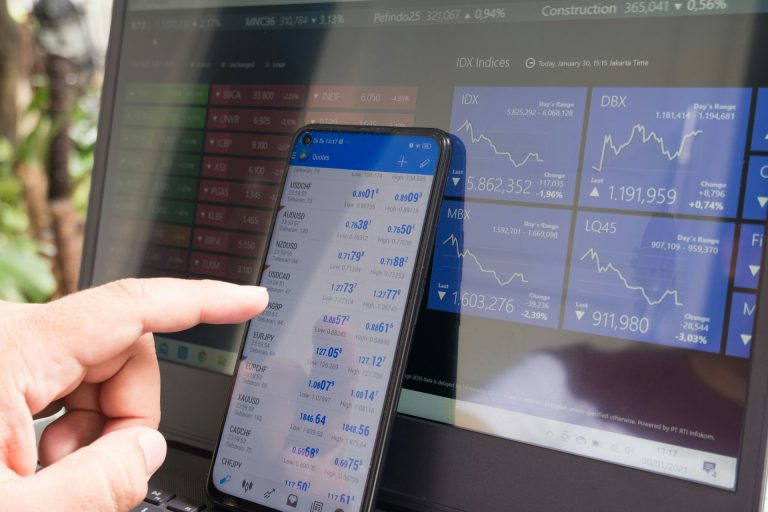- Ghana’s $2bn cocoa export industry faces collapse as illegal mining spreads into farms
- Shrinking yields and lost financing now threaten economic stability
ACCRA, GHANA – Illegal mining is fast eroding Ghana’s cocoa farmlands, endangering an industry that generates $2 billion in annual exports and sustains more than 800,000 families, a US report says.
The 2025 Cocoa Sector Overview report by U.S. Department of Agriculture says unregulated mining is increasingly encroaching on cocoa farmland in Ghana’s traditional growing areas.
The “spillover into cocoa production lands” has already reduced acreage, depressed yields and undermined recovery from recent poor harvests.
Cocoa production for the 2024/2025 season is projected at 700,000 metric tons, a 32% rebound from last year’s low but still far below the peak of 1.04 million tons in 2021/2022. The USDA links the contraction to what it calls an “uptick in unlicensed and unregistered gold mining activities,” leaving vast areas of farmland scarred by pits and mercury contamination.
Ripple effects on economy
Cocoa is Ghana’s third-largest source of foreign exchange after gold and oil. Its decline has already had knock-on effects: the Ghana Cocoa Board (COCOBOD) failed to secure its traditional $1.5 billion syndicated loan for the 2024/2025 season, breaking with decades of pre-financing through international lenders.
The Bank of Ghana is now forced to depend on staggered inflows from cocoa sales to bolster reserves. Analysts warn the shift could complicate exchange rate management, add pressure to the cedi, and increase volatility in the foreign exchange market.
“The decline in cocoa output is not just an agricultural problem, it is a financial stability issue,” said Edward Kareweh, former General Secretary of the General Agricultural Workers Union. “Without strong export inflows, Ghana’s external buffers shrink, credit ratings come under strain, and the economy becomes more vulnerable to shocks.”
The crisis exposes the fragility of emerging markets reliant on a single commodity. For Ghana, the spread of illegal mining threatens not only cocoa’s long-term production base but also investor confidence across the wider economy.
Allowing galamsey to undermine cocoa could weaken creditworthiness, deter foreign direct investment and deepen perceptions of poor regulatory enforcement. The USDA report makes clear that tackling illegal mining is not just an environmental imperative but an economic lifeline.
Protecting cocoa, it concludes, is central to Ghana’s financial stability, safeguarding billions in export revenue, stabilising the currency and preserving global market confidence.











